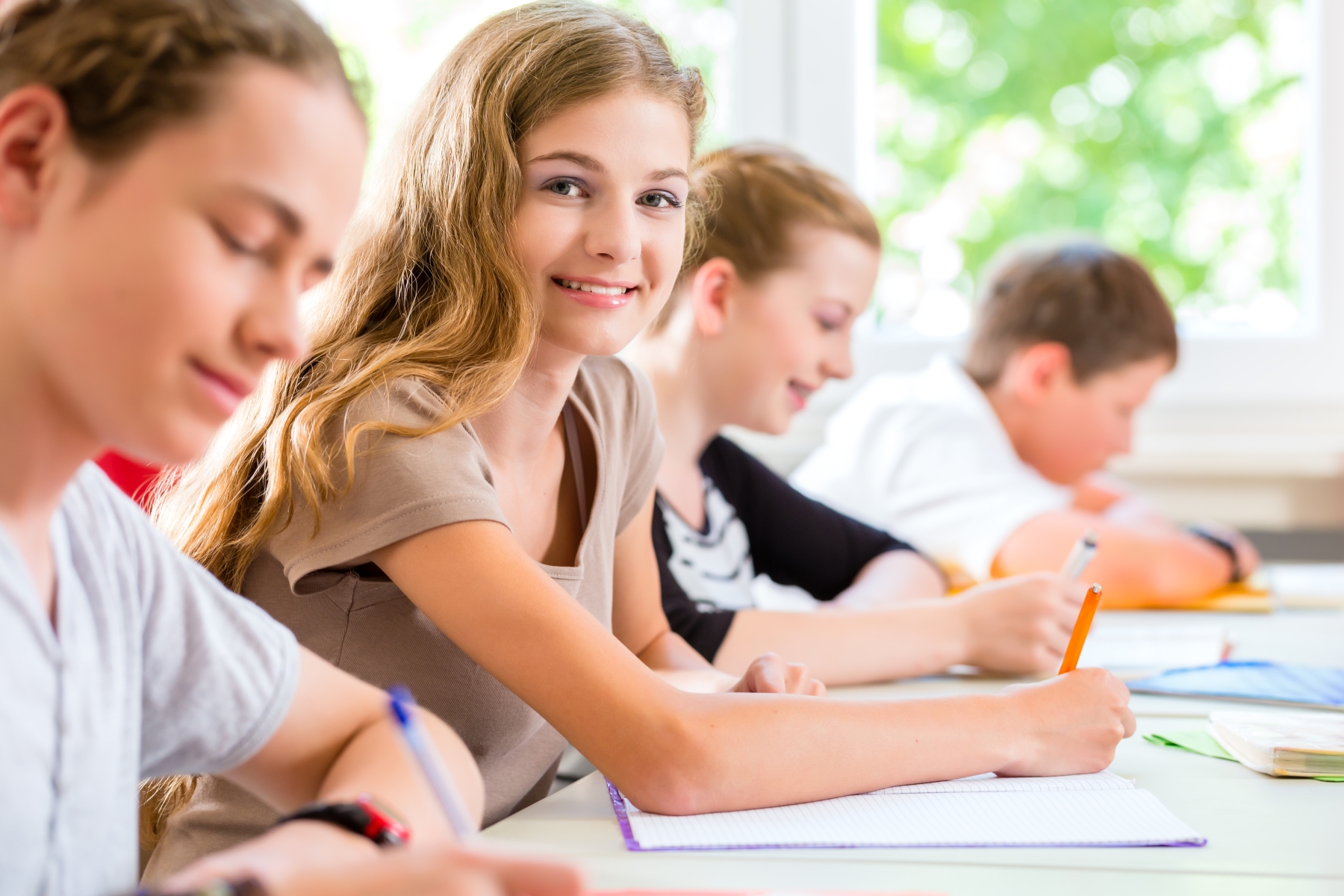Kunnskapsoppsummering og klassifisering av tiltaket: MITT VALG! Ungdomsskole-versjonen (1. utg.)
DOI:
https://doi.org/10.7557/25.7565Emneord (Nøkkelord):
Kunnskapsoppsummering, sosial og emosjonell læring, psykisk helse, kritisk tenkning, faglig utvikling, livsmestringsprogram, MITT VALG, sosial læring, emosjonell læring, ungdomskolenSammendrag
Bakgrunn: MITT VALG er en norsk tilpasset versjon av det universelt forebyggende undervisningsprogrammet Lions Quest som er utviklet i USA. MITT VALG er beskrevet som et livsmestringsprogram med fokus på sosial og emosjonell læring, psykisk helse, kritisk tenkning og faglig utvikling. Denne oppsummeringen tar for seg opplæringsprogrammet MITT VALG for ungdomskolen. MITT VALG eies av Stiftelsen Det er mitt valg, opprettet av Lions Norge.
Metode: Denne oppsummeringen bygger på et systematisk litteratursøk i databasene Embase, Medline, Psykinfo, NORART, Cochrane, Cristin, NORA, SCOPUS og SweMed. Det er også søkt i internasjonale kunnskapsdatabaser om evidens samt innhentet informasjon om tiltaket fra tiltakseier. Litteratursøk og annen innhentet informasjon ble gjennomgått for å identifisere nordiske effektstudier, internasjonale oppsummeringsstudier og eventuelt andre norske studier om tiltaket.
Resultater: Resultatene består av en vurdering av tiltakets beskrivelse, foreliggende effektstudier, forskningsmetodisk kvalitet og implementeringskvalitet. MITT VALG er godt beskrevet og begrunnet, og tiltakseier tilbyr noe implementeringsstøtte. Det er gjennomført én norsk effektstudie, men resultatene på de fleste utfallsmål viser ikke effekt av programmet. Studien er mangelfullt rapportert og det er uklart hvilke av utfallsmålene som er mest sentrale for tiltaket effektivitet. MITT VALG har vært under revisjon vår 2020, noe som ytterligere svekker effektstudiens relevans.
Konklusjon: MITT VALG klassifiseres på evidensnivå 2 – Teoretisk begrunnede tiltak.
Referanser
Eisen, M., Zellman, G. L., Massett, H. A. & Murray, D. M. (2002). Evaluating the Lions-Quest "Skills for Adolescence" drug education program: first-year behavior outcomes. Addictive behaviors, 27(4), 619‐632. https://doi:10.1016/s0306-4603(01)00197-6
Eisen, M., Zellman, G. L. & Murray, D. M. (2003). Evaluating the Lions-Quest "Skills for Adolescence" drug education program. Second-year behavior outcomes. Addictive behaviors, 28(5), 883‐897. https://doi.org/10.1016/S0306-4603(01)00292-1
Gislason, T., Yngvadottir, A. & Benediktsdottir, B. (1995). Alcohol consumption, smoking and drug abuse among icelandic teenagers: A study into the effectiveness of the 'skills for adolescence' programme. Drugs: Education, Prevention and Policy, 2(3), 243-258. https://doi.org/10.3109/09687639509035748
Gjerustad, C., Smedsrud, J. & Federici, R. A. (2019). Systematisk arbeid med psykisk helse i skolen: spredning, bruk og implementering av eksterne skoleprogram (25). Hentet fra https://nifu.brage.unit.no/nifu-xmlui/handle/11250/2636313
Harter, S. (1982). The Perceived Competence Scale for Children. Child Development, 53(1), 87-97. https://doi.org/10.2307/1129640
Heiervang, E., Stormark, K. M., Lundervold, A. J., Heimann, M., Goodman, R., Posserud, M.-B., . . .Gillberg, C. (2007). Psychiatric disorders in Norwegian 8- to 10-year-olds: an epidemiological survey of prevalence, risk factors, and service use. Journal of the American Academy of Child & Adolescent Psychiatry, 46(4), 438-447. http://dx.doi.org/10.1097/chi.0b013e31803062bf
Helse- og omsorgsdepartementet. (2017). Mestre hele livet - Regjeringens strategi for god psykisk helse (2017–2022). Hentet fra https://www.regjeringen.no/no/dokumenter/mestre-hele-livet/id2568354/
Helse- og omsorgsdepartementet. (2019). Opptrappingsplan for barn og unges psykiske helse (2019 –2024) (Prop. 121 S). Hentet fra https://www.regjeringen.no/no/dokumenter/prop.-121-s-20182019/id2652917/
Holen, S. & Waagene, E. (2014). Psykisk helse i skolen. Utdanningsdirektoratets spørreundersøkelse blant lærere, skoleledere og skoleeiere. Hentet fra https://www.udir.no/globalassets/upload/forskning/2014/psykisk-helse.pdf
Knudsmoen, H., Holth, P., Nissen, P., Schultz, J. H., Tveit, A. & Torsheim, T. (2006). Vurdering av program for forebygging av problematferd og utvikling av sosial kompetanse. Oslo: Utdanningsdirektoratet.
Major, E. F., Dalgard, O. S., Mathisen, K. S., Nord, E., Ose, S., Rognerud, M. & L.E., A. (2011). Bedre føre var - Psykisk helse: Helsefremmende og forebyggende tiltak og anbefalinger. Hentet fra https://www.fhi.no/publ/2011/bedre-fore-var---psykisk-helse-hels/
Malmin, G. (2007). Det er mitt valg (Lions Quest), evaluering. Delrapport 6: effekter på elevatferd. Upublisert rapport.
Malmin, G. (2008). Det er mitt valg. Sammenfatning av evalueringen 2001-2007. Hentet fra https://www.lions-quest.org/wp-content/uploads/2015/11/EvalueringDetermittvalg08web.pdf
Martinussen, M., Reedtz, C., Eng, H., Neumer, S.-P., Patras, J. & Mørch, W. T. (2019). Kriterier for prosedyrer og vurdering og klassifisering av tiltak (2. utgave, v. 2.1). Ungsinn - Tidsskrift for virksomme tiltak for barn og unge.
Ogden, T. (1995). Kompetanse i kontekst: en studie av risiko og kompetanse hos 10- og 13-åringer. Oslo: Barnevernets utviklingssenter.
Reneflot, A., Aarø, L. E., Aase, H., Reichborn-Kjennerud, T., Tambs, K. & Øverland, S. (2018). Psykisk helse i Norge. Hentet fra https://www.fhi.no/publ/2018/psykisk-helse-i-norge/
Rumberger, R. W. (2011). Dropping out: why students drop out of high school and what can be done about it. Cambridge, Mass: Harvard University Press.
Utdanningsdirektoratet. (2020). Læreplanverket. Overordnet del – verdier og prinsipper for grunnopplæringen: Folkehelse og livsmestring. Hentet fra https://www.udir.no/lk20/overordnet-del/prinsipper-for-laring-utvikling-og-danning/tverrfaglige-temaer/folkehelse-og-livsmestring/

Nedlastinger
Ytterligere filer
Publisert
Hvordan referere
Utgave
Seksjon
Lisens
Opphavsrett 2021 Rannveig Grøm Sæle , Merete Aasheim

Dette verket er lisensiert under Creative Commons Attribution-NonCommercial-NoDerivatives 4.0 International License.


